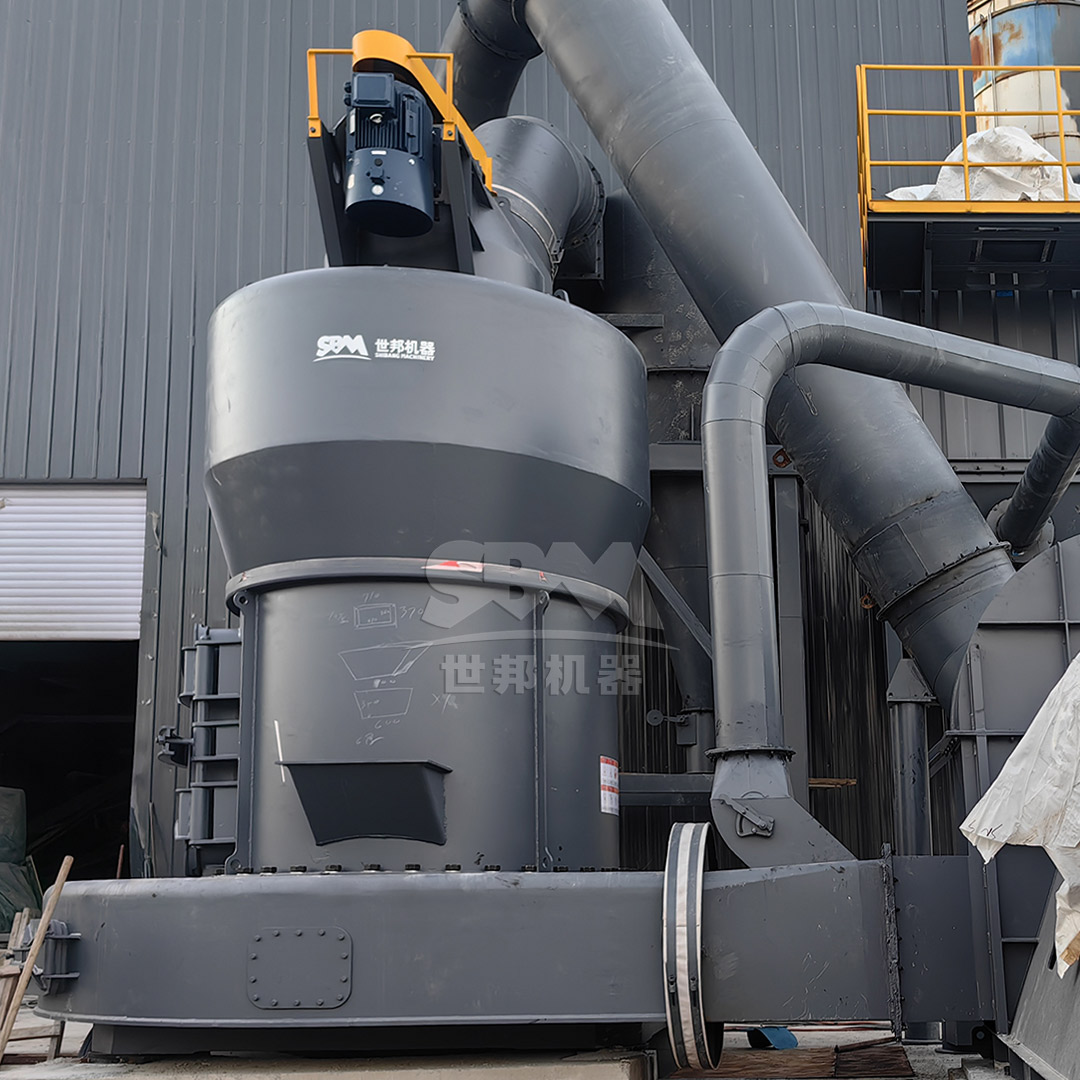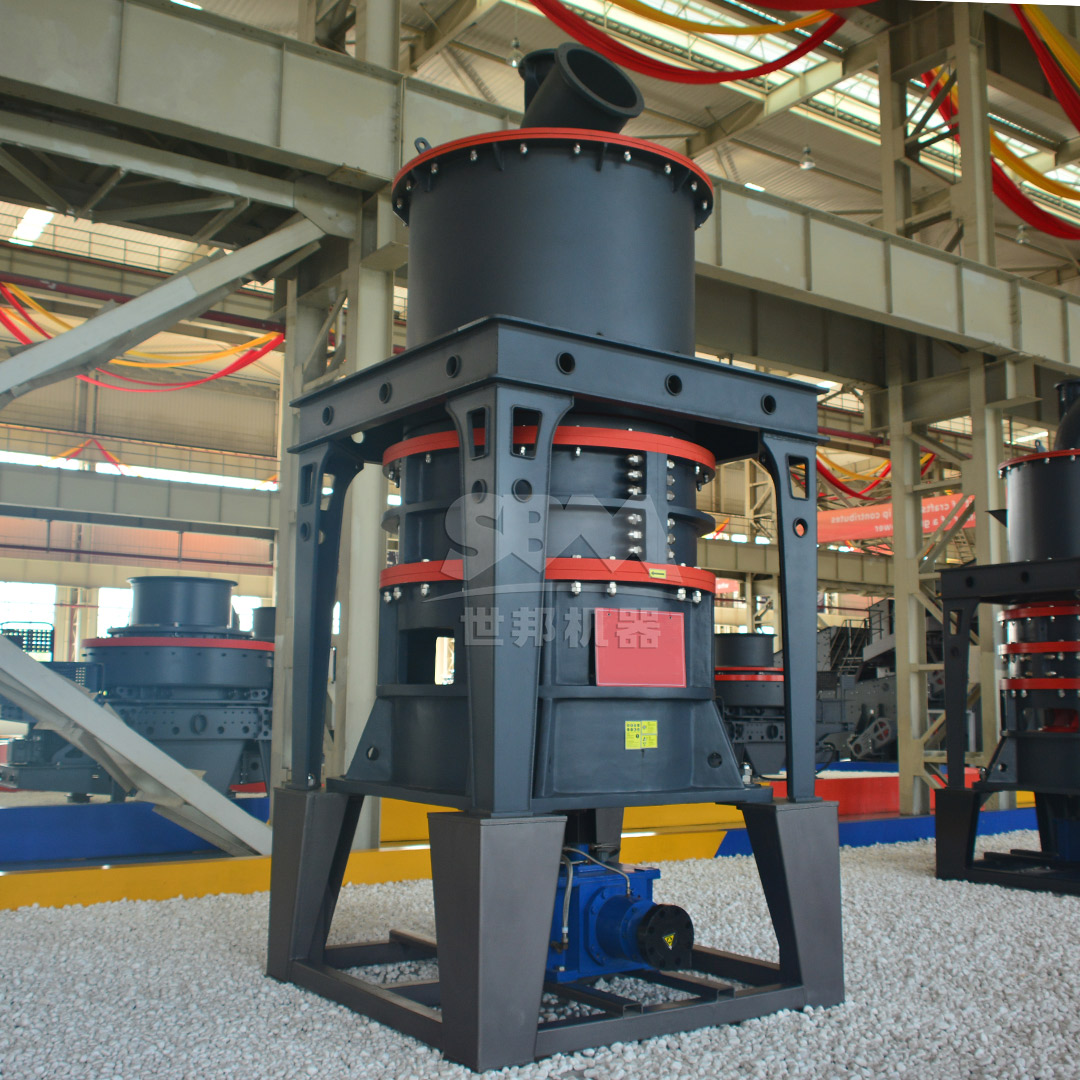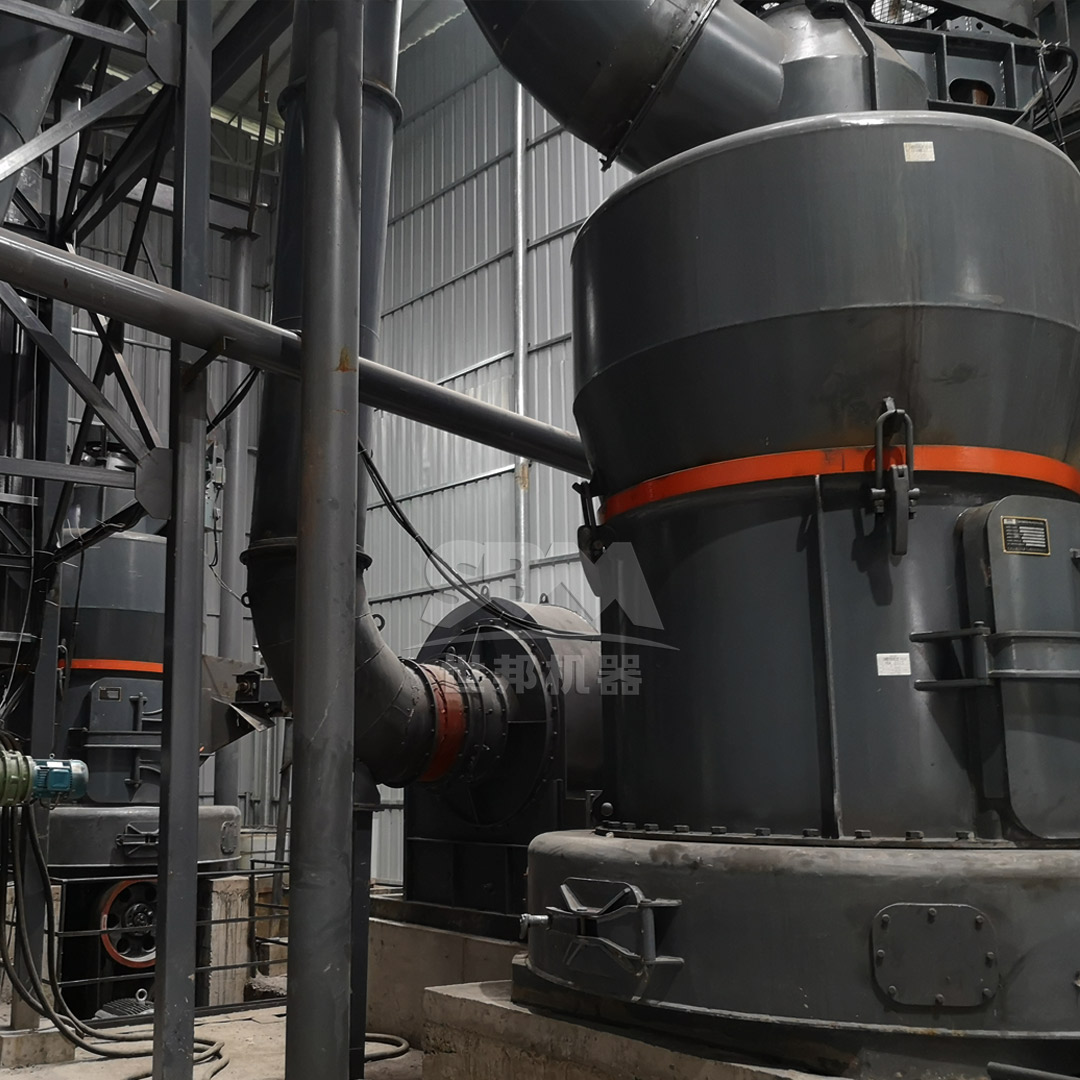The industrial adhesives and sealants sector is continuously evolving, demanding higher performance, improved sustainability, and greater cost-efficiency. At the heart of many advanced formulations lies a key functional filler: high-purity calcite powder. This naturally occurring mineral, primarily calcium carbonate (CaCO₃), is far more than just a cost-reducing extender. When processed to exacting specifications, it becomes a performance-enhancing additive that improves rheological properties, enhances mechanical strength, increases weather resistance, and optimizes application characteristics. The transformation of raw limestone into this high-value industrial ingredient is a precise science, heavily dependent on advanced milling technology to achieve the necessary particle size distribution (PSD), surface area, and morphology.

The efficacy of calcite powder is dictated by several critical parameters that are directly influenced by the grinding process. Understanding these properties is essential for formulators.
A tight, controlled PSD is paramount. Fine particles (e.g., d97 ≤ 10µm) pack efficiently, reducing the resin demand and viscosity of the uncured product, which improves sag resistance and application properties. Coarser grades can provide reinforcement and reduce shrinkage. An optimal blend is often used to achieve maximum packing density.
The specific surface area, measured in m²/g, directly correlates with the amount of resin required to wet the particles. Lower oil absorption values (e.g., 15-20 g/100g) are generally preferred as they allow for higher filler loadings without creating a pasty, unworkable mixture, thereby reducing formulation costs.
\n
The shape of calcite particles can vary from cubic to rhombohedral to scalenohedral. A more cubic morphology is often desired in sealants and adhesives as it imparts better flow properties and higher loading potential compared to acicular or platy shapes.
Untreated calcite has a hydrophilic surface, which can be incompatible with polymer matrices. Surface treatment with stearic acid or other coupling agents (e.g., silanes) creates a hydrophobic layer, improving dispersion within the organic matrix, enhancing mechanical strength, and reducing moisture sensitivity of the final product.
| Property | Impact on Adhesive/Sealant | Ideal Range |
|---|---|---|
| d97 Particle Size | Viscosity, reinforcement, surface finish | 5 – 45 µm |
| Top Cut (d100) | Extrudability, abrasiveness | < 63 µm |
| Oil Absorption (OA) | Filler loading, viscosity | < 22 g/100g |
| Brightness (ISO) | Color of final product | > 92% |
| Moisture Content | Storage stability, curing | < 0.2% |
Producing calcite powder that meets the stringent requirements of the adhesives industry is not a simple task. It requires grinding technology capable of delivering consistent fineness, high throughput, and controlled particle morphology, all while operating efficiently and with minimal contamination. Traditional ball mills or basic hammer mills often fail to achieve the narrow PSD and top-cut control required, leading to batch inconsistency and compromised product performance.
This is where advanced milling systems become critical. For producing the ultra-fine grades (e.g., 800 to 2500 mesh) that are increasingly popular in high-performance silicone sealants and reactive adhesives, SCM Ultrafine Mill technology is unparalleled. Our SCM Series Ultrafine Mill is specifically engineered for this purpose. With an output fineness range of 325-2500 mesh (D97 ≤ 5µm) and a processing capacity of up to 25 ton/h depending on the model, it represents the pinnacle of calcite processing technology. Its high-precision vertical turbine classifier ensures accurate particle size切割 (cutting), guaranteeing that no coarse particles spoil a batch. Furthermore, its efficient and intelligent design consumes 30% less energy compared to traditional jet mills, making it not only a high-performance solution but also a sustainable and cost-effective one for high-volume production of filler-grade calcite.

In silicone-based sealants, surface-treated ultrafine calcite (d97 ~ 5-15µm) acts as a thixotropic agent and reinforcement filler. It provides excellent sag resistance for vertical applications, improves tensile strength, and enhances weatherability without significantly affecting the elongation properties of the elastic silicone matrix.
Calcite is widely used in one- and two-component PU systems. It increases viscosity, improves green strength (tack), and reduces curing shrinkage. Its low moisture content is critical to prevent premature reaction with isocyanate groups in moisture-curing PU formulations.
In water-based acrylics, calcite serves as a cost-effective extender and pigment. It contributes to the non-slump properties and improves sandability in acrylic latex caulks. A medium fineness grade is typically used here.
For tile adhesives, flooring compounds, and other cementitious or hybrid systems, calcite improves workability, reduces cracking, and enhances compressive strength. The particle shape and grading are crucial for water demand and open time.
Choosing the correct milling system depends on the target fineness, required capacity, and desired particle characteristics. For producers aiming to serve the broadest market, including mid-range fineness products like those used in construction adhesives, a versatile and robust solution is key. Our MTW Series Trapezium Mill is an ideal workhorse for this segment. It handles input sizes up to 50mm and produces calcite powder in the 30-325 mesh (0.038mm) range at impressive rates of 3 to 45 tons per hour. Its innovative curved air duct and wear-resistant shovel design minimize energy loss and maintenance downtime, while the integral conical gear transmission ensures 98% drive efficiency. This mill offers the perfect balance of performance, reliability, and efficiency for producing high-quality calcite fillers at a competitive cost.

The optimization of industrial adhesives and sealants is intrinsically linked to the quality and consistency of the functional fillers used within them. High-performance calcite powder, produced through state-of-the-art grinding technology, is no longer a commodity but a strategic component that defines the end product’s market position. By investing in precision milling equipment like the SCM Ultrafine Mill for ultra-fine applications or the MTW Series Trapezium Mill for general-purpose high-volume production, manufacturers can ensure they are providing formulators with the consistent, high-quality raw material needed to innovate and excel in a competitive marketplace. The right powder, made by the right technology, is the foundation for next-generation adhesive and sealant solutions.